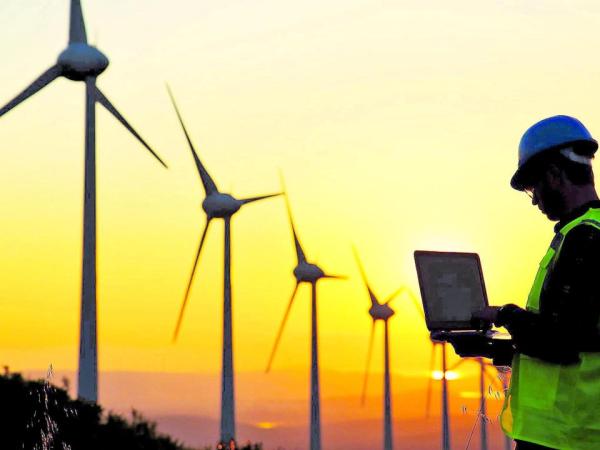On February 28, the Energy Mining Planning Unit (Upme) was to publish the connection concepts for network operators. For this occasion, the volume of requests is one of the largest that the entity has had to resolve, being more than 860 with a total of 56 gigawatts (GW) that have been requested.
(Power auction: this would cost the country a blackout.)
However, the maximum capacity that the entity could allocate was 19 gigawatts. However, The Unit’s final approval process left 9.5 gigawatts assigned to projects, before the electrical analysis, so it could even be reduced to 7.5 GW.
Based on the allocations, it would be estimated how the country’s electrical matrix will change in the coming years.
This process faced a series of delays.
On February 28, a circular was issued in which the entity indicated that although the analyzes had been completed, progress was being made in the issuance and notification of the concepts. For this reason, Upme indicated that all concepts with their decisions would be fully notified by March 2 at the latest.
(Trina will have to pay guarantees for power purchases from three projects.)
However, until Friday, March 3, this process was completed. This led the power sector to raise concerns about the delays.
Voices from the sector stated that the low number of approvals could lead to appeals for replacement and other administrative actions being filed.
Portafolio learned that in addition to the technological difficulties that the entity faced in responding to the numerous requests, this was added to the fact that the staff was still the same as several years ago, so that the work was collapsed.
However, since for the reliability charge auction it is a requirement to have a connection concept for central dispatch projects, some projects of more than 20 megawatts are required to achieve allocation to participate in the process published by the Creg.
(Requests from energy unions to Petro so as not to affect users).
Alejandro Castañeda, president of Andeg, explained that to cover the deficit that is projected for 2027 and 2028, between 1.5 and 1.8 gigawatts should be allocated, which would give a 5% margin compared to the demand projection.
He stressed that the volume of projects that were presented for the concept of connection is mainly renewable energy, so it would be necessary to analyze how many apply to a reliability charge auction for the firmness that they can provide to the electrical system.
The Energy and Gas Regulation Commission (Creg) called for a new expansion auction for the assignment of firm energy obligations (OEF) between power generators, project developers, and investors.
The objective is that the assigned energy enters the system between December 1, 2027 and November 30, 2028.
In this sense, one of the particularities of this auction is that those agents who are interested in participating must have a connection concept approved by Upme.
(Electric unions request further analysis to freeze rates).
That is why for those interested in participatingthe results of the process carried out by this entity is so relevant, since it will partially define which projects have a free hand to compete for assignments.
However, in the case of existing plants with works, this requirement will not apply.
The Creg’s analysis to call the auction shows as one of its supports that a deficit of 856 gigawatts would cost the country $1.32 billion if the auction is not held. For its part, a reliability charge would cost $170 billion.
For this reason, it was considered relevant to call market players to participate in this process.
To also encourage early entry of these works, the Creg established benefits for projects that enter between 2025 and 2027 and that they will be able to receive the remuneration for the position from then on, without modification of the completion date.
The Energy and Gas Regulation Commission (Creg) published the resolution by which it called for a new reliability charge auction. After this, the Administrator of the Commercial Exchange System published the schedule for the allocation of energy that would enter between December 2027 and November 2028.
Starting on May 25, agents interested in participating in the process will be able to make a declaration of interest and proposals will be received from August with the aim that the results of the auction will be published in the middle of that month. The winners of this process will be known on August 17.
BRIEFCASE

















